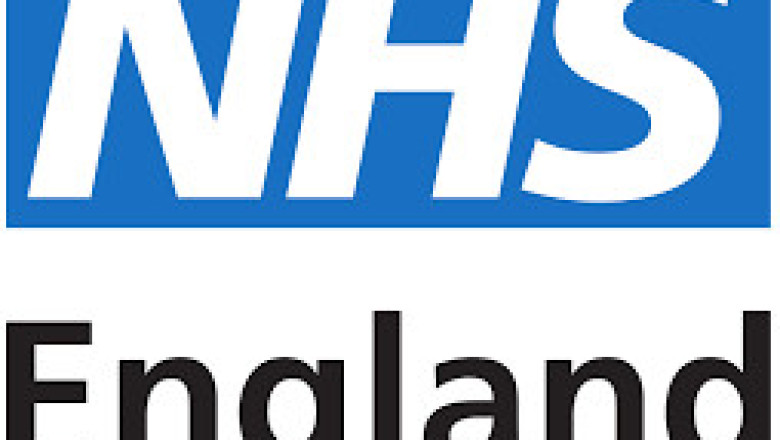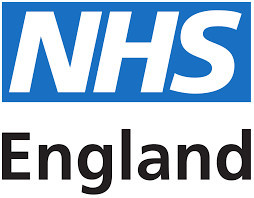views


The situation described by the UK-based Nigerian doctor, @simisola10, highlights a growing trend in global healthcare, where patients from developed countries are increasingly seeking medical treatment abroad due to various reasons, including long waiting times and high costs. This phenomenon, often termed "medical tourism," is not new but appears to be evolving in its patterns and destinations.
The doctor's observations shed light on the pressures facing the National Health Service (NHS) in the UK. The NHS, renowned for its comprehensive and publicly funded healthcare system, seems to be struggling under the weight of increasing demand and resource constraints. This has led to longer waiting times for certain treatments and procedures, prompting some individuals to seek faster or more affordable options elsewhere.
The case of Eastern Europeans returning to their home countries for medical care and then bringing back translated results and management plans to the UK is indicative of a broader trend where patients are willing to cross borders to access healthcare services.
The mention of Nigerians increasingly traveling back to Nigeria for medical care, particularly for elective procedures such as cataract surgery, colonoscopies, and dental care, is particularly noteworthy. It suggests a growing confidence in the healthcare system of Nigeria or perhaps a more cost-effective option for these individuals. This trend could be driven by improvements in the quality of healthcare in Nigeria, the availability of specialized services, or simply the benefits of being treated in a familiar cultural and linguistic environment.
The doctor's comment also highlights the difference in healthcare experiences based on the type of insurance coverage one has. In the UK, while private health insurance can offer quicker access to a range of treatments, the majority of people rely on the state-subsidized NHS, which may involve longer waiting periods for certain procedures.
This situation underscores a critical challenge facing many healthcare systems worldwide: balancing the need to provide timely, affordable, and high-quality healthcare to the population with the practical limitations of resources and funding. The trend of patients seeking care abroad raises questions about the sustainability of current healthcare models and the need for continued investment and innovation in healthcare systems globally.












Comments
0 comment